Otto von Bismarck edited the Ems Telegram by rewriting it to emphasize a defiant response from King Wilhelm I of Prussia toward the French ambassador Benedetti, removing diplomatic niceties and portraying the King’s action as a brusque cancellation of the meeting without explanations.
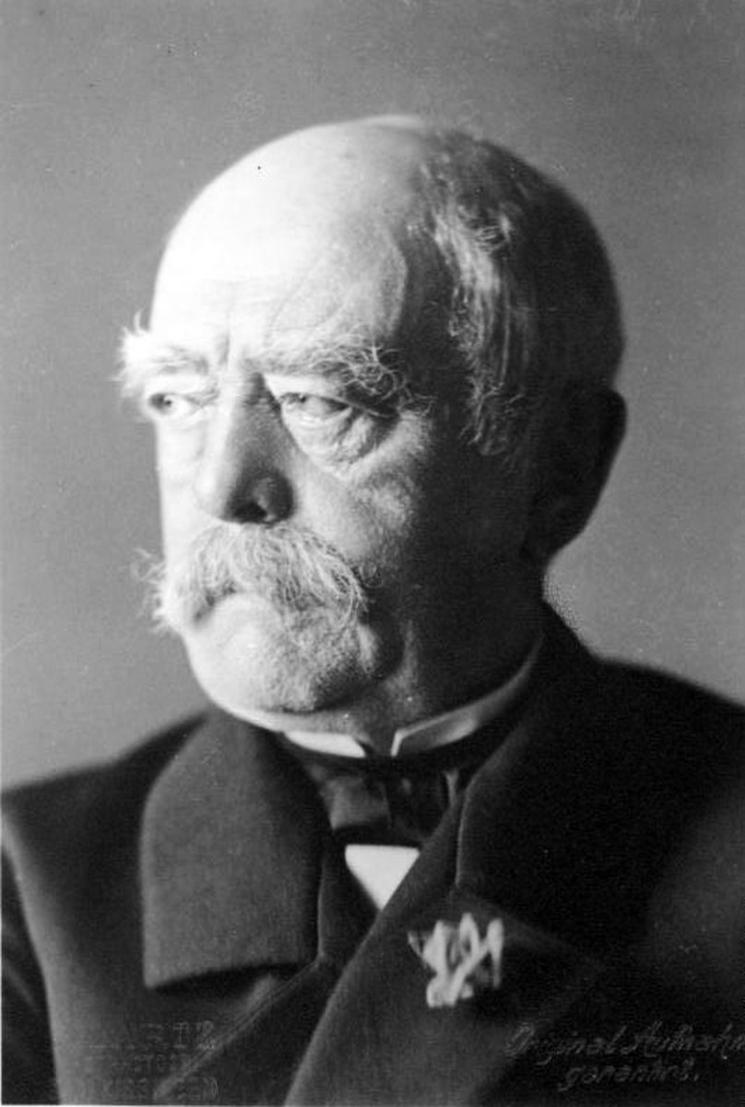
The original telegram reported that King Wilhelm postponed his audience with Benedetti after confirming Prince Leopold had withdrawn his candidacy for the Spanish throne. This version was neutral and diplomatic, merely conveying facts without inflammatory language.
Bismarck, however, wanted to provoke France into declaring war and rally the South German states to Prussia’s side. While dining with Moltke and Roon, he transformed the telegram’s tone. He eliminated references to the polite postponement and removed all diplomatic phrases.
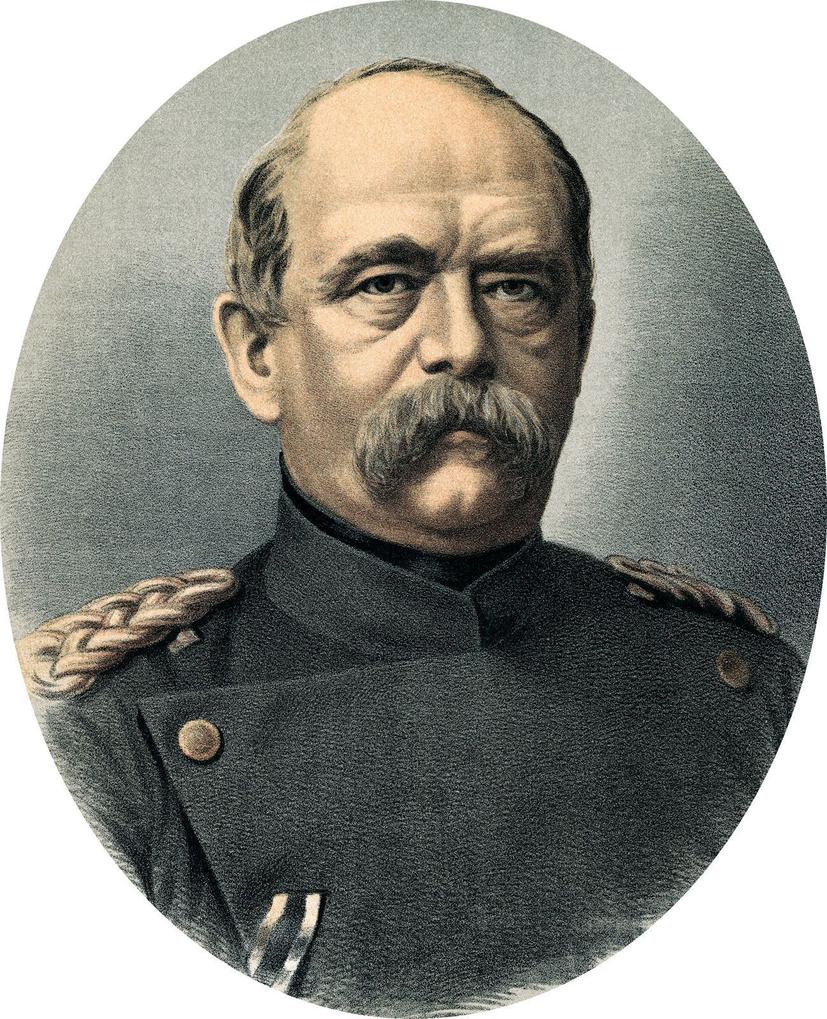
The edited dispatch depicted the King as curtly refusing the ambassador’s request, turning the message into a confrontational statement rather than a routine diplomatic exchange. Bismarck’s goal was to present the situation as a clear rejection and insult to France, effectively daring them to react.
After rewriting, Bismarck showed the altered telegram to Moltke, who approved its more aggressive tone. Bismarck then sent the edited version to German embassies and newspapers, deliberately breaching protocol to humiliate the French Foreign Minister, Gramont.

This manipulation was strategic. It created a pretext for the Franco-Prussian War by provoking France to declare war, uniting the German states against a common enemy and isolating France diplomatically.
- The original telegram described a postponement after political developments.
- Bismarck’s edit portrayed a rude refusal by the King.
- He removed diplomatic language to make it inflammatory.
- The edited telegram was circulated publicly to provoke France.
- This act contributed directly to the outbreak of the Franco-Prussian War.
What exactly did Otto von Bismarck edit in the Ems Telegram?
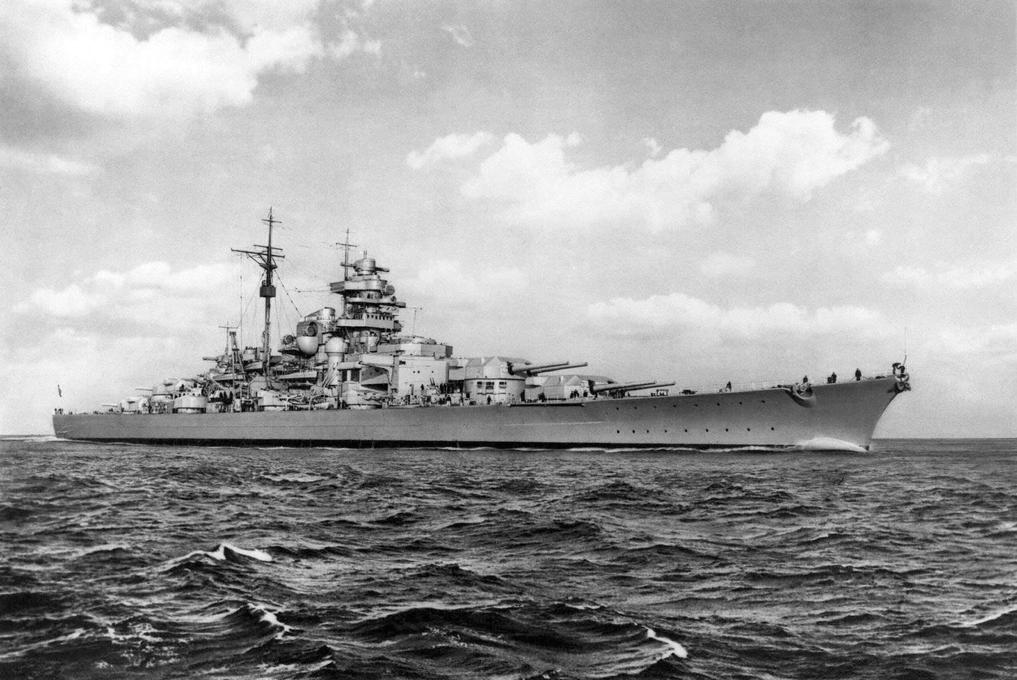
If you’ve ever wondered about the spark that ignited the Franco-Prussian War of 1870, look no further than Otto von Bismarck’s crafty edit of the Ems Telegram. In essence, Bismarck cut the diplomatic fluff, sharpened the tone, and turned a simple royal exchange into a fiery provocation that pushed France over the edge.
Let’s unpack precisely what Bismarck did to that telegram and why it mattered so much.
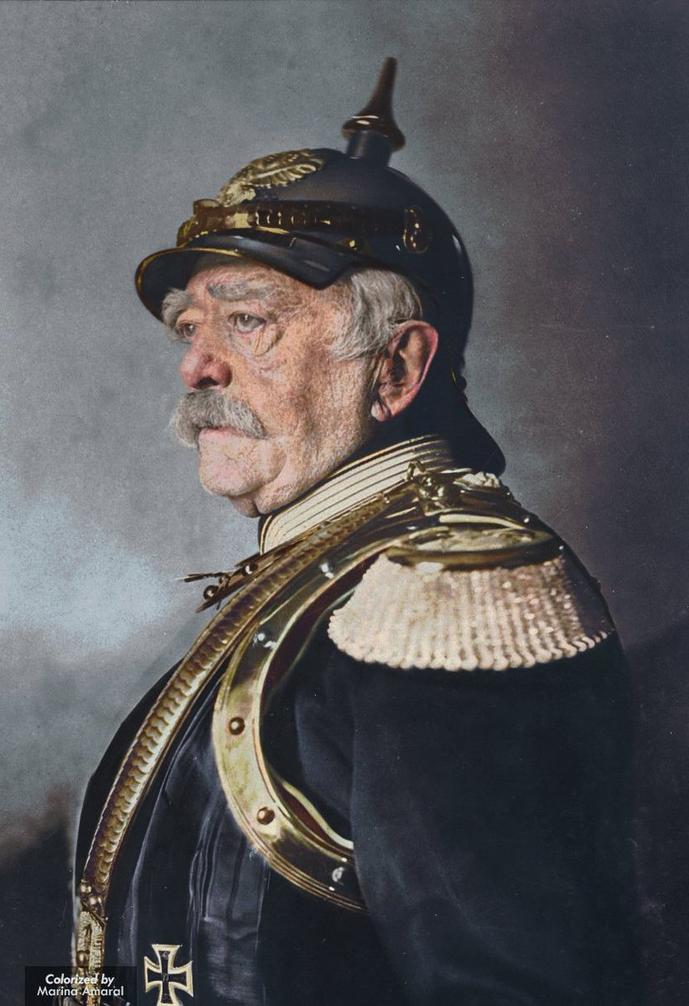
A Quick Reminder: The Stage Was Set
The backdrop to the Ems Telegram was the Spanish succession crisis. Spain’s parliament sought a new monarch after ousting the Bourbons in 1868. In 1869, a Spanish agent proposed Prince Leopold von Hohenzollern-Sigmaringen for the throne. If this happened, France would be squeezed between two Hohenzollern monarchies—Germany and Spain—a nightmare for French ambitions.
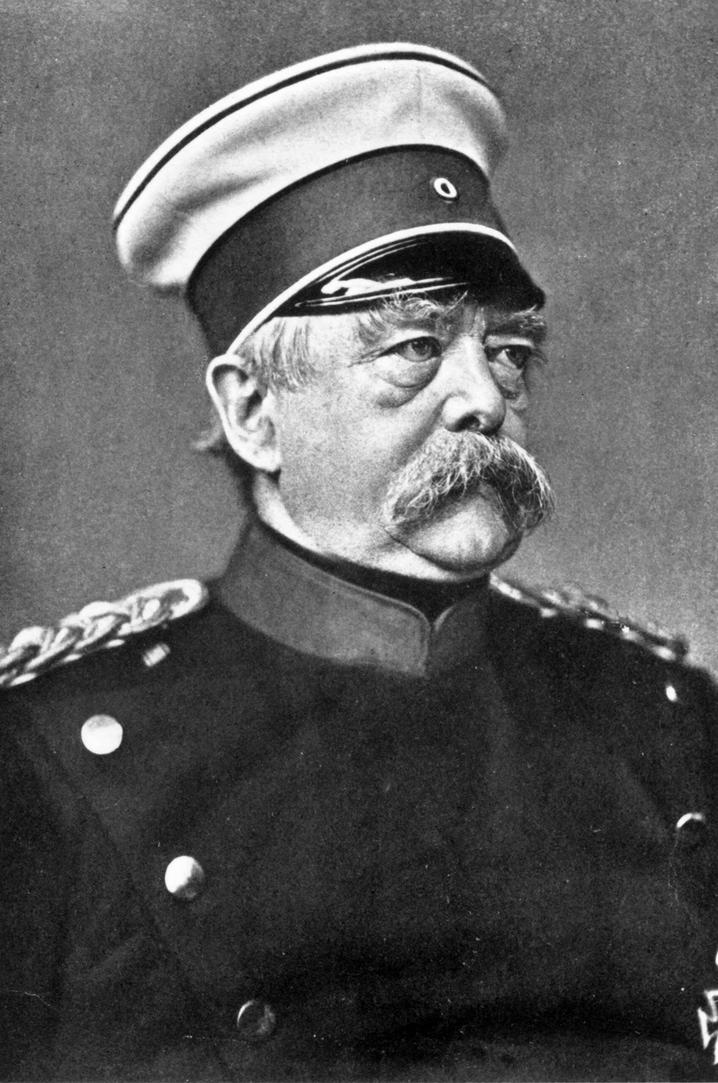
Bismarck, the shrewd mastermind behind German unification, understood the stakes. He nudged Leopold’s father in May 1870, urging him to accept the offer on patriotic grounds. Leopold said yes, and the news spread fast.
France exploded with anger. Empress Eugenie, Spanish-born, took it personally. The French foreign minister Gramont demanded action. His ambassador, Count Benedetti, was sent to Prussia to insist King Wilhelm I force Leopold to step down.
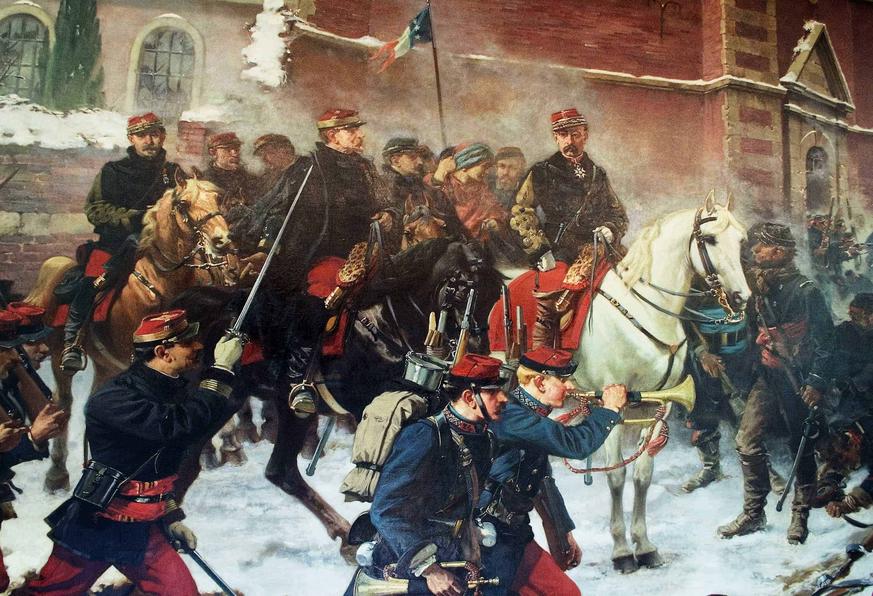
The Fateful Meeting at Ems
King Wilhelm I was cautious. Advised by the peace-inclined Baron von Werther, he sought to avoid conflict. When Benedetti met Wilhelm at Ems on July 13, 1870, the King politely refused Benedetti’s extra demands, informing his staff to cancel any further audience. To Wilhelm, it was a firm yet civil dismissal.
Then the telegram was sent.
Original Telegram vs. Bismarck’s Edited Version
The original report from Ems was a straightforward, neutral account. It mentioned Wilhelm informing Benedetti that Prince Leopold had withdrawn his candidacy—an olive branch signaling peace. Wilhelm’s cancellation of any further talks was presented calmly and with explanations.
But Bismarck had another idea. That evening, while dining with Moltke and Roon, the telegram arrived. Bismarck grabbed it, and with a dose of political mischief, he carefully stripped out all diplomatic niceties.
- First Edit: The mention that Wilhelm canceled the meeting because of confirmation that Leopold had withdrawn was removed. No explanations were left.
- Second Edit: The language was sharpened to make the King seem curt, defiant, and blunt. Instead of a polite refusal, it now read like a cold rebuke.
- Third Edit: All background context, which might imply calm negotiations, was removed, leaving only a terse exchange.
The message became: Wilhelm brusquely refused Benedetti’s demands with no reason given, as if dismissing an aggressive challenge rather than engaging in diplomatic courtesy.
The Result? A Different Tone Completely
“Now the telegram has a different ring . . . [not] a parley, but a response to a challenge.” — Moltke, approving Bismarck’s edits.
Bismarck knew exactly what he was doing. He sent the edited dispatch to the Prussian embassies abroad and leaked it to newspapers across Germany. The terse, provocative tone outraged the French, making it an insult aimed directly at their pride and honor.
Why Did Bismarck Do This?
Bismarck wasn’t just stirring the pot for fun. He had a clear strategic plan. By provoking France, he hoped to:
- Force France into declaring war first.
- Trigger the alliance system among the southern German states, uniting them under Prussian leadership.
- Ensure the neutrality of other European powers by making Germany appear the victim.
This maneuver would help Bismarck unite the German states into a single empire and shift the balance of power.
The Fallout: War and National Outrage
The French had already been leaning toward war, but Bismarck’s edited telegram was the final straw. Newspapers published the terse version, fanning the flames of anger. Crowds erupted with cries:
- “Long live France!”
- “On to Berlin!”
- “Down with Prussia!”
The humiliating tone convinced many the French government that their national honor demanded a forceful response. The Franco-Prussian War broke out weeks later, leading to a decisive German victory and the proclamation of the German Empire at Versailles in 1871.
Why Does This Matter Today?
Bismarck’s edit is a classic example of how information—and its presentation—can shape history. By choosing what to emphasize and what to hide, he controlled the narrative, manipulating public opinion and international diplomacy.
Are we so different today? In our age of social media and sound bites, deliberate editing and selective reporting can shape perceptions just as powerfully. It’s a reminder to look beyond headlines and question the framing of information.
To Sum Up
Otto von Bismarck took the original, relatively polite diplomatic telegram about King Wilhelm I’s meeting with the French ambassador and edited out any peaceful intent and explanation, leaving a blunt, defiant message that provoked France, all to secure a war favorable to German unification.
This carefully crafted “red rag” turned a delicate situation into a powder keg. It’s a brilliant—if ruthless—example of political strategy, where a few words changed the course of European history.
Lessons from Bismarck’s Telegram
- Words carry power beyond their face value.
- Context matters—when stripped away, tone can change drastically.
- Strategic communication can be used to unite allies and manipulate enemies.
Next time you hear about a diplomatic “incident” or a controversial statement, consider what might be unsaid or edited behind the scenes. History, as Bismarck shows us, loves those details.
What changes did Bismarck make to the original Ems Telegram?
Bismarck removed all diplomatic language. He changed the king’s polite cancellation of the audience with Benedetti to a brusque refusal without explanation.
Why did Bismarck edit the Ems Telegram this way?
He wanted to provoke France into declaring war on Prussia. This would trigger alliances with southern German states.
How did Bismarck’s edits affect the tone of the telegram?
The edited telegram sounded like a sharp response to a challenge instead of a routine diplomatic message. It gave the impression of insult.
Who approved of Bismarck’s edited version before it was sent out?
Moltke, a Prussian military leader, nodded approvingly, saying it changed the telegram’s tone to something more confrontational.
What was the diplomatic impact of sending the edited Ems Telegram?
Bismarck’s version breached usual diplomatic protocol. It embarrassed the French and helped push Europe toward the Franco-Prussian War.




